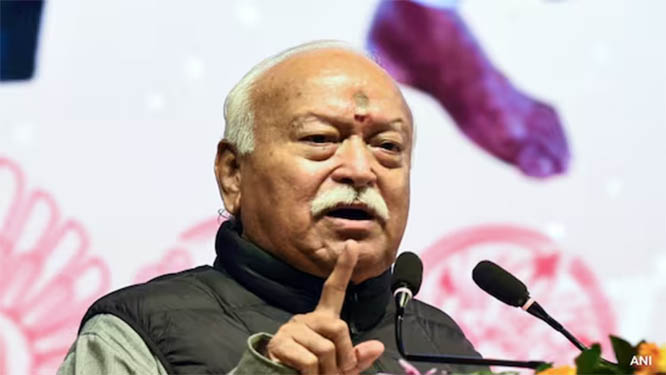
New Delhi, December 5: The Supreme Court, which relentlessly strove to bring to book perpetrators of the fake encounter killings of Sohrabuddin and Tulsiram Prajapati in Gujarat, has an explosive situation on its hands as the National Human Rights Commission informed it that 191 fake encounter killings took place in the country in the last five years.
Appalled by the attitude of the Manipur government in responding to over 1,500 alleged fake encounter killings in the militancy affected state in the last three decades, a bench of Justices Aftab Alam and Ranjana P Desai had asked during the last hearing, "Is there a war going on within? Is this the attitude and orientation of a state to say that if they are killing my men, we will kill them?"
In response to Manipur's alleged unaddressed extra-judicial killings, the NHRC in an affidavit said in the last five years, from 2007 to 2012, it had received 1,671 complaints/information regarding fake encounters.
"The commission in the last five years has awarded monetary compensation to the tune of Rs 10.51 crore in 191 cases," it said in an affidavit. The commission awards compensation in the range of Rs 5-10 lakh to the kin of victims if it comes to the conclusion after inquiry that it was a fake encounter.
The bench headed by Justice Alam had in the past minutely scrutinized Gujarat government's attempts to put a veil on facts in the Sohrabuddin and Tulsiram Prajapati encounter killings and had ordered CBI probe into them, resulting in filing of charge-sheet against former minister Amit Shah, in addition to former senior police officials.
The NHRC mirrored the experience of the apex court in dealing with the two Gujarat fake encounters. "The only handicap is that in all the cases, respective state governments invariably take more than reasonable time to submit magisterial enquiry report, post-mortem report, inquest report and the ballistic expert report," it said.
"Due to this delay on the part of the state governments in complying with mandatory requirements, the delay occurs in all the matters, as for want of these reports even the commission cannot draw any conclusion and cannot take any view in the matter as to whether the death took place in a genuine encounter or it was a fake encounter," the human rights body said in its affidavit.
NGOs 'Extra-Judicial Execution Victims Families Association of Manipur' through Neena N and 'Human Rights Alert' through Babloo Loitongbam had requested the court to set up a Special Investigation Team to inquire into the extra-judicial killings in the state. Another petition by Suresh Singh through advocate S Biswajeet Meitei alleged that continuance of AFSPA had led to a spurt in extra-judicial killings and sought its withdrawal from Manipur.
The NHRC gave its response to the 71 cases of alleged fake encounter complaints it had dealt with relating to Manipur of which only three have been closed. In one case - killing of Thanjam Manorama Chanu on July 12, 2004 - the commission had recently recommended payment of Rs 10 lakh to the kin of the victim but the defence ministry is yet to comply with it.
Though the commission's guidelines require states to complete mandatory inquiry reports within three months, many cases of alleged extra-judicial killings reported from Manipur have been pending with the NHRC since 2007 as the state has not provided the key investigation reports. Of the 68 pending cases, five incidents dated back to 2007, 17 to 2008 and 19 to 2009, the NHRC said.
To enable it to deal with such cases expeditiously, NHRC said, "It would be appropriate if the Supreme Court directs all the states to strictly comply with the guidelines/recommendation issued by the commission without fail, both in letter and spirit."







Comments
Add new comment